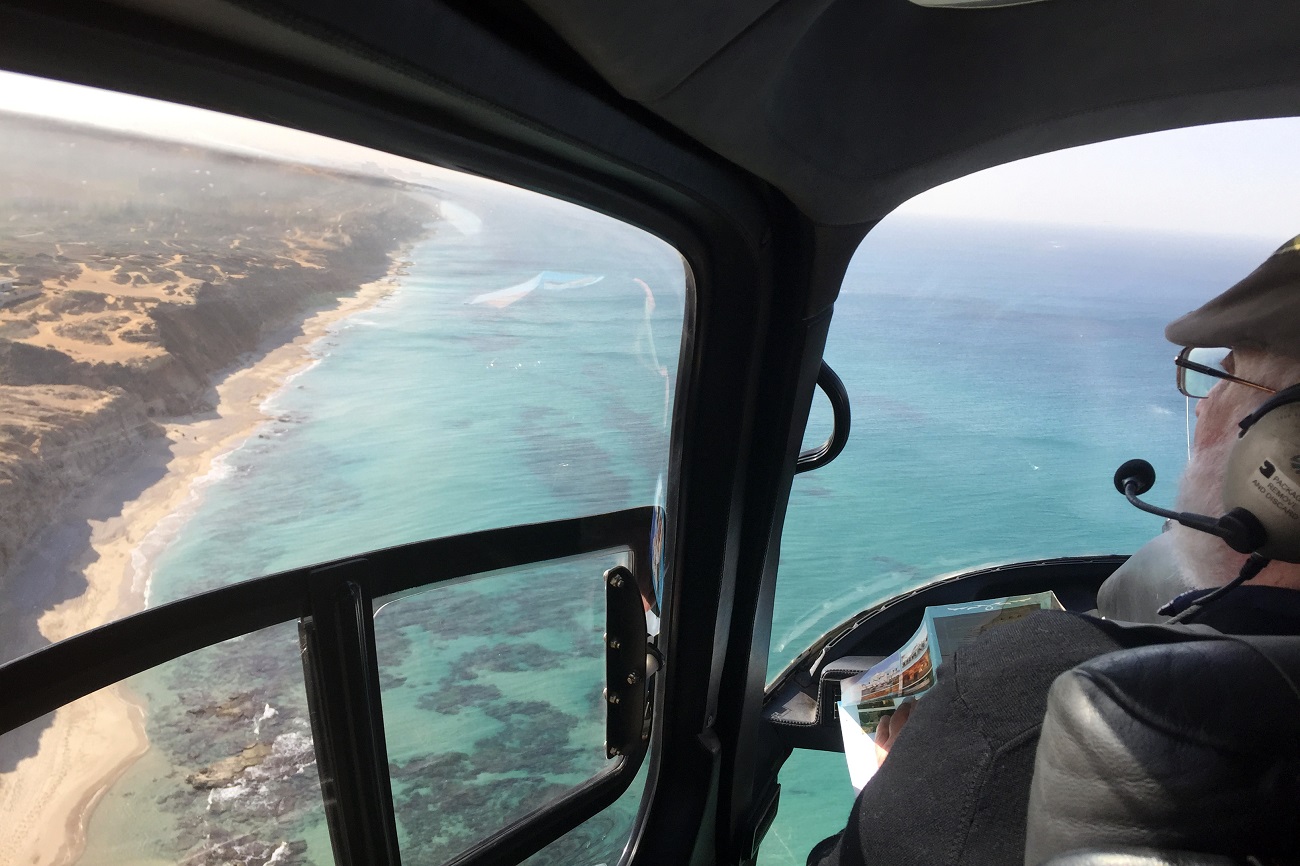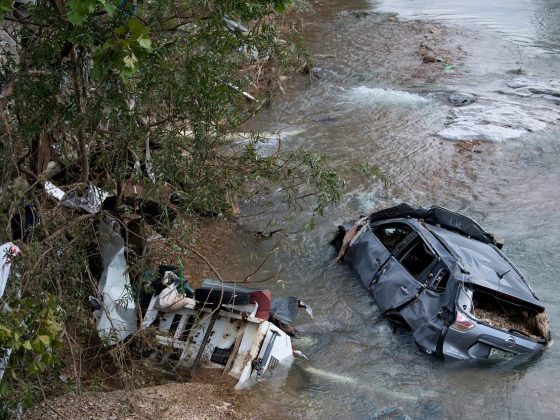Global warming, back-to-back years of drought, and absence of investments in water saving and desalination technologies are pushing the already tense international relations in the Middle-East to the point of breakdown.
If the water crisis continues, it will not be long before the arid land will be scorched by gunfire.
Iranian farmers cannot produce crops without water; the Kurds and Iran are at odds over the shifting of water lines; more than 12 million people in Syria and Iraq are losing access to water, food, and electricity; and in Syria, which is still torn by a civil war that began ten years ago, the drought this year is the worst in the past seventy years. Terror saws fear, but you can restrain it with arms. Thirst saws desperation, and nothing can stop desperate people.
“Israel is already channeling water to Jordan as part of the 1994 peace agreement between the two countries. It is more than willing to sign such agreements with other neighboring countries, but at the moment, it does not appear as though there is openness toward the idea on the other side.
While I do not believe that Israel’s neighbors will start a war with Israel over water, it is sad that people who could have access to abundant water are denied this most necessary ingredient because of politics.”
Next to oxygen, water is the most vital element for survival. Without it, people will do literally anything to get it.
In a 2017 podcast, Peter Gleick, chief scientist and president emeritus of the Pacific Institute said, “Some of the earliest conflicts over water [appeared] about 25 BC in Ancient Mesopotamia, the land between the Tigris and the Euphrates rivers.” Even now, “In the last decade or so,” continues Gleick, “there have been more and more instances of violence related to water … [which] have been what we call subnational conflicts.” The drought has not improved over the past four years since the interview. It has only worsened, and its consequences have brought the region to the point of near breakdown.
The most distressing element about this crisis is the fact that it is absolutely unnecessary. There are proven technologies that can turn deserts into oases at a very reasonable cost. Israel, once a victim of accelerated desertification, has brought the problem completely under control by constructing desalination plants. Israel has already built several such facilities abroad and is willing to help anyone who wishes to use the technology. Regrettably, the leaders in many Middle-Eastern countries consistently focus on tightening their grip on the people rather than on improving their lives.
In fact, Israel is already channeling water to Jordan as part of the 1994 peace agreement between the two countries. It is more than willing to sign such agreements with other neighboring countries, but at the moment, it does not appear as though there is openness toward the idea on the other side.
While I do not believe that Israel’s neighbors will start a war with Israel over water, it is sad that people who could have access to abundant water are denied this most necessary ingredient because of politics.











